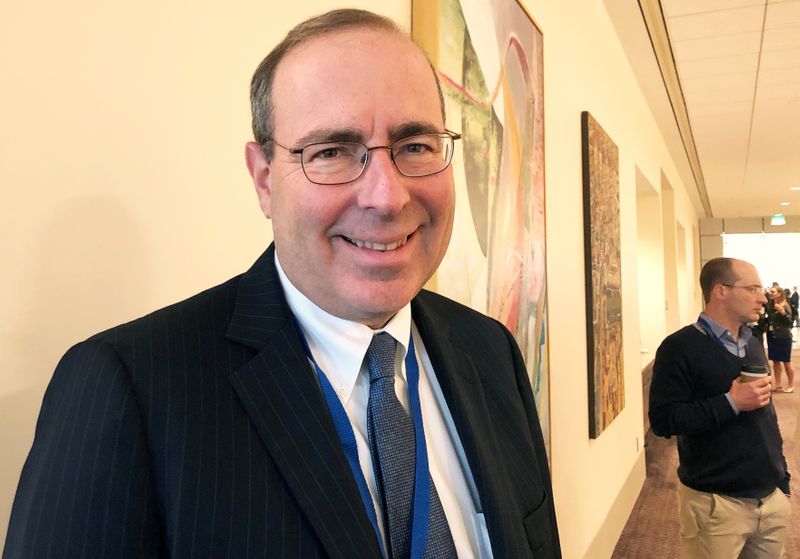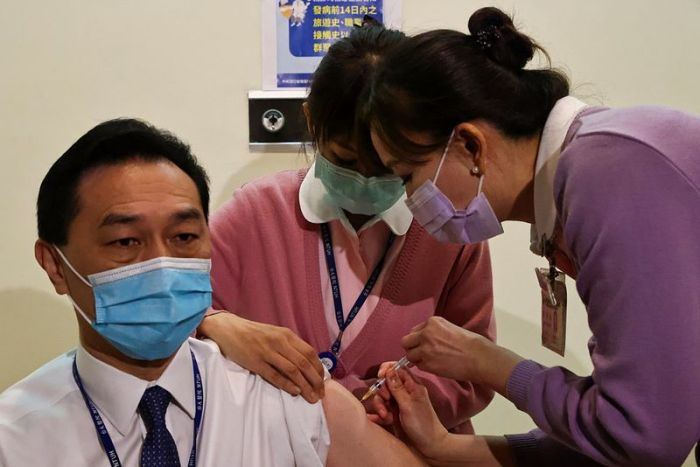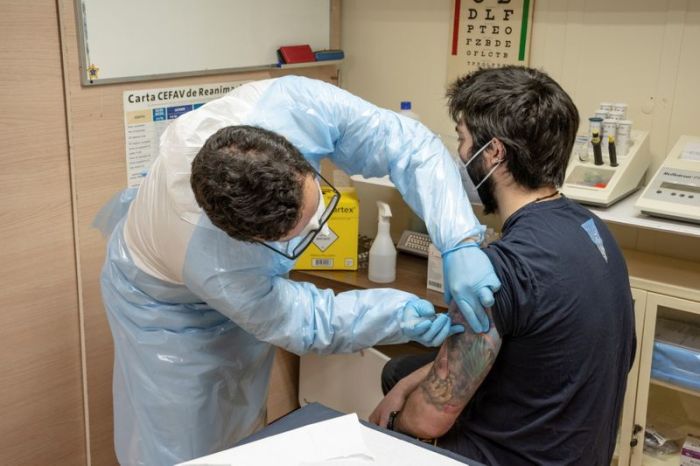WASHINGTON (Reuters) – The U.S. economy may be “on the brink of completing the recovery” from the recession triggered by the coronavirus pandemic, Richmond Federal Reserve President Thomas Barkin said on Sunday, although risks remain for some workers.
“Vaccines are rolling out, and case rates and hospitalizations are falling. Excess savings and fiscal stimulus should help fund pent-up demand from consumers freed by vaccines and warmer weather,” Barkin said in remarks prepared for delivery on Sunday evening to a Credit Suisse conference on investment in Asia.
“With this support, the economy has come most of the way back,” he said, with the recently enacted $1.9 trillion coronavirus federal relief program fueling a jump in household incomes and savings that helps offset the still-deep loss of jobs.
“I am hopeful that we are on the brink of completing the recovery,” Barkin said.
As the health crisis eases, he said U.S. officials should focus on how to ease the transition back to jobs for working parents and others displaced by the pandemic, bolster education to ensure students do not suffer from lost time in the classroom, and take other steps to prevent “scarring.”
“We should pay special attention to programs that allow primary caregivers to return to work. This includes support for child care, elder care and safely reopening schools,” he said.
One bright spot, he said, is that so many of the jobs lost during the crisis are in “high turnover occupations, such as housekeepers and waiters. Even before the COVID-19 pandemic, those workers changed jobs regularly,” a fact that might lessen the overall damage from long-term joblessness.
Teleworking may also allow faster matching between workers and jobs because those with the right skills will not necessarily have to relocate.
Once the pandemic passes, he said officials should focus on “letting market forces work” so that government policy does not “hinder the creation of the companies of tomorrow when trying to protect the companies of today.”
(Reporting by Howard Schneider; Editing by Peter Cooney)
























